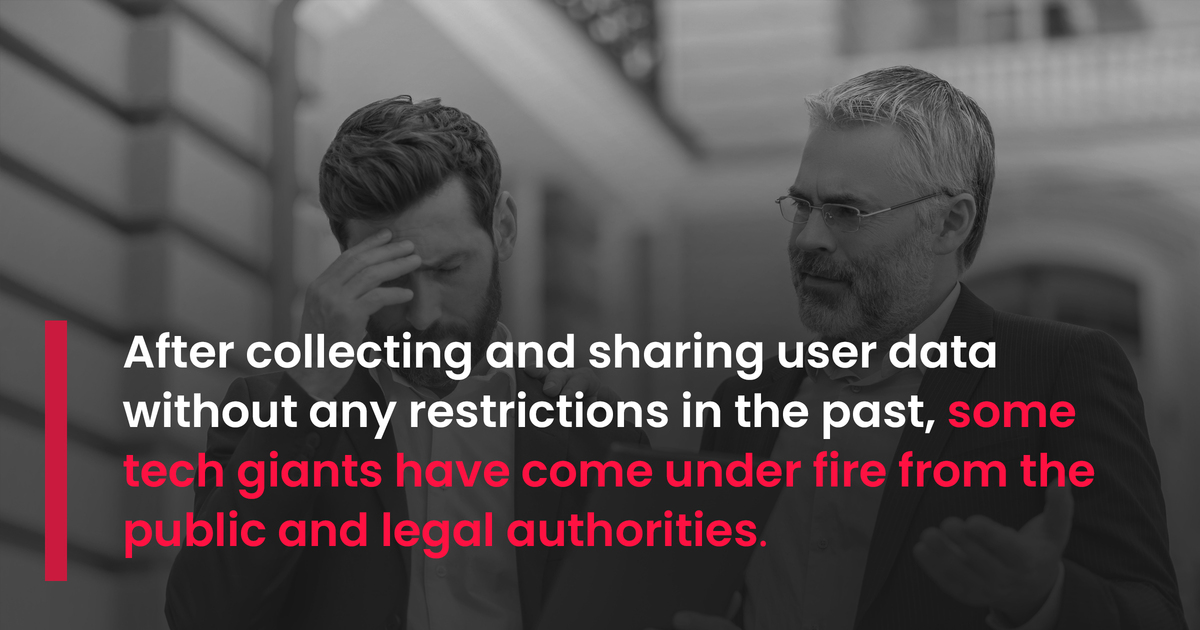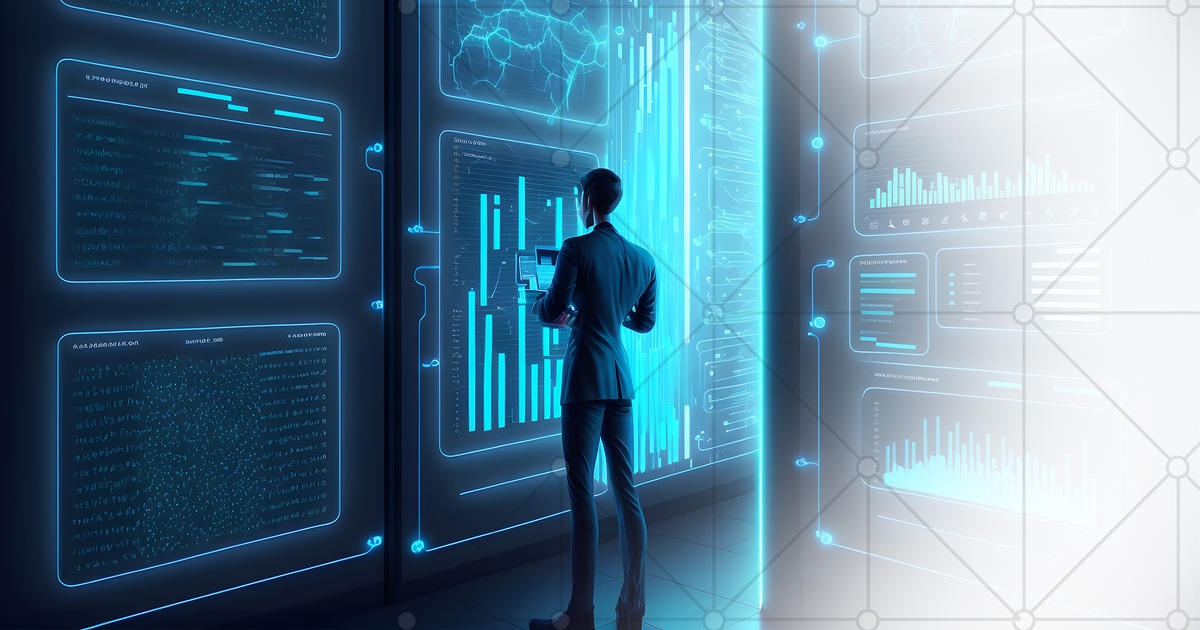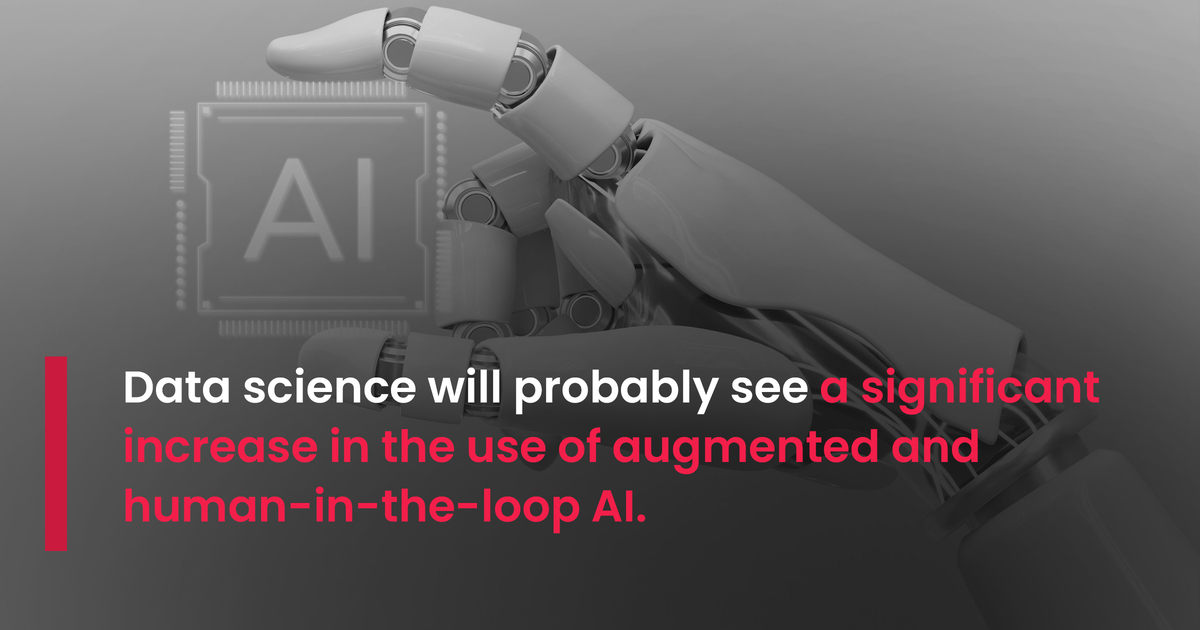The rapid development and introduction of cutting-edge technologies make it possible for businesses that take advantage of them to increase productivity and, as a result, improve the chances of a better return on investment.
Data is a major component of almost any organization, and by making use of data analysis and data science, companies can streamline their operations and make decisions based on information that has been collected and analyzed.
What is Data Science?
Data science is the practice of examining data to gain relevant insights. The data used to derive these insights can originate from a variety of sources, such as databases, company operations, and sensors. This field is rapidly expanding and offers a myriad of work opportunities.
Data Science vs Data Analytics
Both disciplines use data to acquire insights. However, data analytics is the act of examining unprocessed information to draw conclusions, whereas data science makes use of data to develop models that can forecast subsequent results.
Here is an overview of some of the key trends that we believe will influence how data science will be used to promote business development in the not-too-distant future:
Trend #1: Data-powered consumer experience will become critical
AI chatbots and cashier-less convenience stores are just two examples of how consumer interactions with companies are becoming more digital. These technologies can track and analyze every aspect of an interaction to identify opportunities to improve or personalize the experience. By collecting and analyzing data, companies can provide customized products and services.

However, many people still prefer to purchase from physical shops even though this habit is continually losing popularity, giving way to more advanced technical innovations.
Read more about this here: Major trends in sporting goods e-commerce that are worth following
Trend #2: Enhanced customer data protection – a key marketing feature
With the growing number of everyday online transactions, an increase in concerns about the handling and protection of private data has been shown by both experts in the field and customers.
Ironically, the ‘situation’ around Cambridge Analytica served as a catalyst for an increase in consumer concern regarding data protection. Reminder: In 2010, millions of Facebook users’ personal information was obtained without their knowledge or approval by the British consulting firm Cambridge Analytica.

In view of this, businesses and data scientists will have to obey local laws if they wish to use consumer data for marketing purposes.
Trend #3: Cloud-based artificial intelligence and databases
To be able to collect, label, arrange, format, and evaluate massive amounts of data in a single location, experts turn to cloud-based platforms. Artificial intelligence (AI) is a great way to take cloud computing to the next level, improving its performance and efficiency and driving digital transformation for enterprises.
AI capabilities in cloud computing provide flexibility and cost savings, making operations more efficient, strategic, and insight-driven.
Here are some examples of how AI can help cloud computing:
- AI can effectively handle and use cloud resources. For instance, it can forecast when extra processing power will be required and adjust resources appropriately, thus making cloud usage more cost-efficient (and sustainable).
- AI can help with cybersecurity, with its algorithms being able to track and examine data to identify unusual patterns (which may signal a possible cyberattack) more quickly than conventional methods, AI can help defend cloud data.
- AI can be used to automate routine operations such as data entry, system updates, and maintenance. This allows humans to work on more intricate and creative tasks.
Trend #4: Data analysts wanted
The growth of global data storage due to the Internet of Things (IoT) and cloud computing is expected to exceed 180 zettabytes by 2025 (by comparison, in 2010, this figure was 2 zettabytes), leading to the need for more data analysts.
Although machines can help examine large amounts of data, there is a high probability that this data will be disordered, which means that humans need to organize it in a way that will facilitate the work of machine learning algorithms when they come to analyze it.
In addition, it is becoming more typical for data experts to analyze the output provided by AI. This is because AI-generated results are not always accurate, and therefore companies rely on humans to improve the final data as well as write a summary of the findings that non-tech stakeholders can understand.
Trend #5: Enhanced data control – the cornerstone of operations
As more countries adopt legislation that aims to regulate the use of personal and other forms of data, data governance is expected to become a very important trend in the years to come.
Following in the footsteps of the European GDPR, the Canadian PIPEDA, and the Chinese PIPL, more nations are likely to adopt laws that safeguard the personal information of their citizens.
What does this mean for companies? They will have to audit every piece of data they have and consider how it is collected, stored, and used.
Data scientists and business experts can share ideas and information more easily thanks to expert networks like RightAngle Global. As a result of this cooperation, you can develop new and creative approaches to challenging issues. Contact RightAngle Global and get in touch with experts who can provide useful insights that will give you an edge.
Suggested reading:
How can Expert Networks help your company to foster a cybersecurity culture?
How Expert Networks can help companies to keep up with industry trends
Share to


